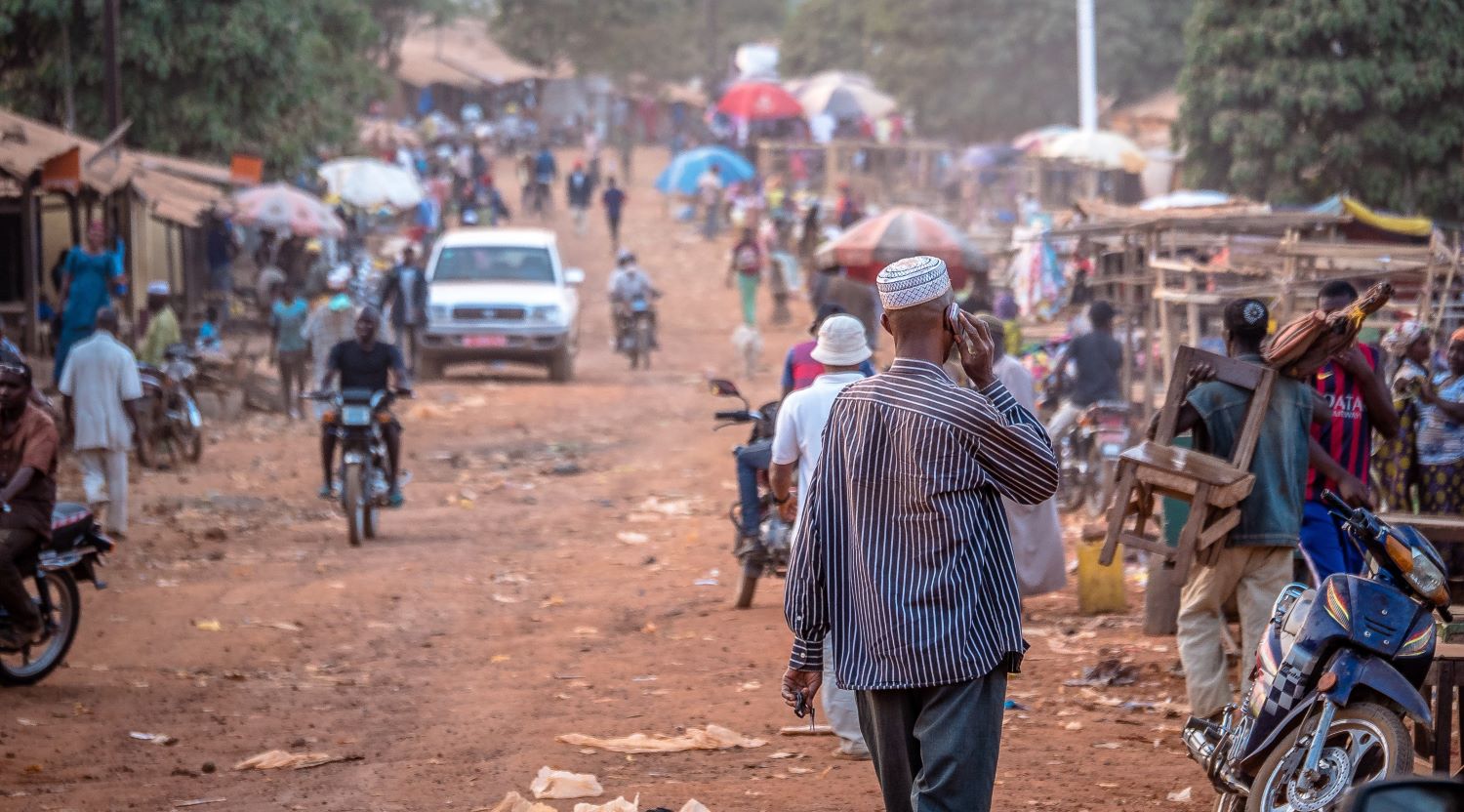Predicting Poverty in Afghanistan

Kunar Afghanistan | R9 Studios FL
Afghan government uses novel approach to predicting poverty for policy planning.
Accurate and timely population-level data are a critical input to social and economic policy-making. Yet in many developing countries, access to high quality data remains a challenge. Governments may lack the resources and capacity to field census and demographic surveys; and available data may be incomplete, intermittent, and unreliable.
Afghanistan remains one of the world’s poorest and most fragile states. It has not fielded a census for nearly 40 years. In 2017, CEGA researcher Joshua Blumenstock and collaborators worked with the Afghan government to develop an interactive dashboard displaying highly resolved maps of household wealth. The maps, created by analyzing mobile phone metadata, provide a clear picture of how wealth is distributed across the nation, exposing pockets of extreme poverty.
The dashboard is based on of a suite of machine learning algorithms that leverage the “data exhaust” (call detail records) from a mobile network operator. The models are trained and validated using data from traditional face-to-face and phone-based surveys. Blumenstock and colleagues are able to predict several important indicators of individual and community economic behavior– from wealth, income and expenditures, to respond to economic shocks. By estimating these attributes for millions of individuals, the model can accurately reconstruct the distribution of wealth. The team is now exploring how to detect change in these measures over time.
This research has created an important ‘proof of concept’. In resource-constrained environments, particularly where censuses and household surveys are rare, mobile phone records can provide local, timely information for policy-makers, without violating individual privacy, and at a fraction of the cost of traditional methods.







